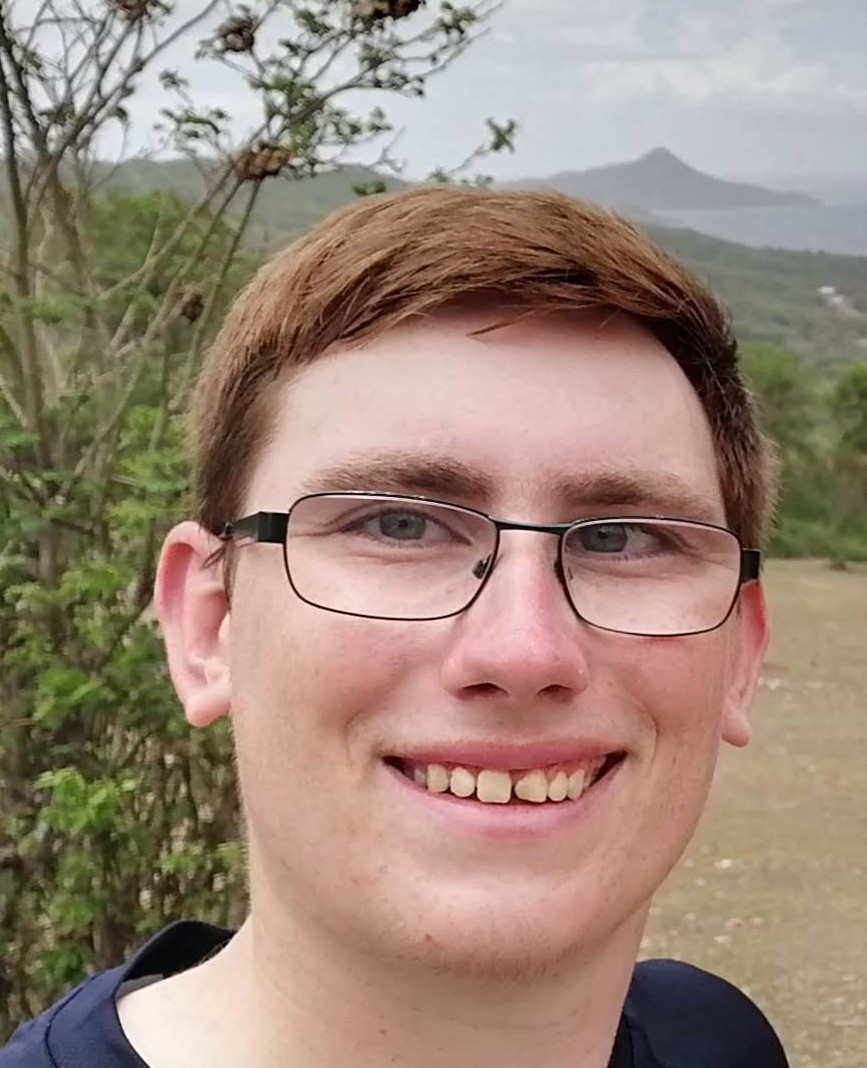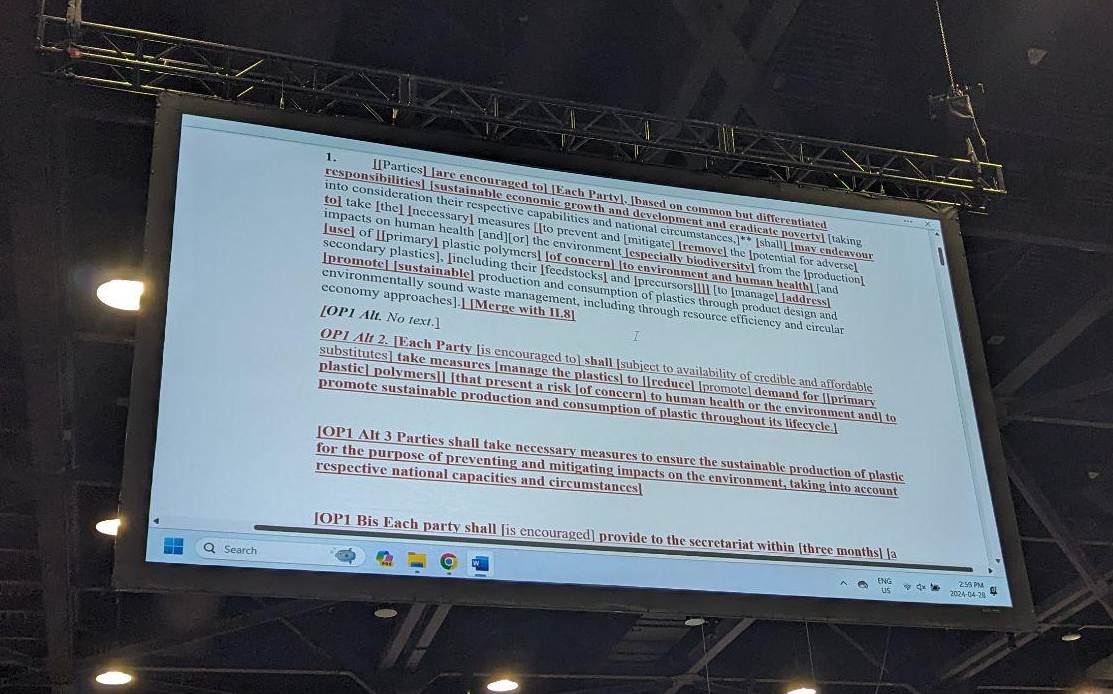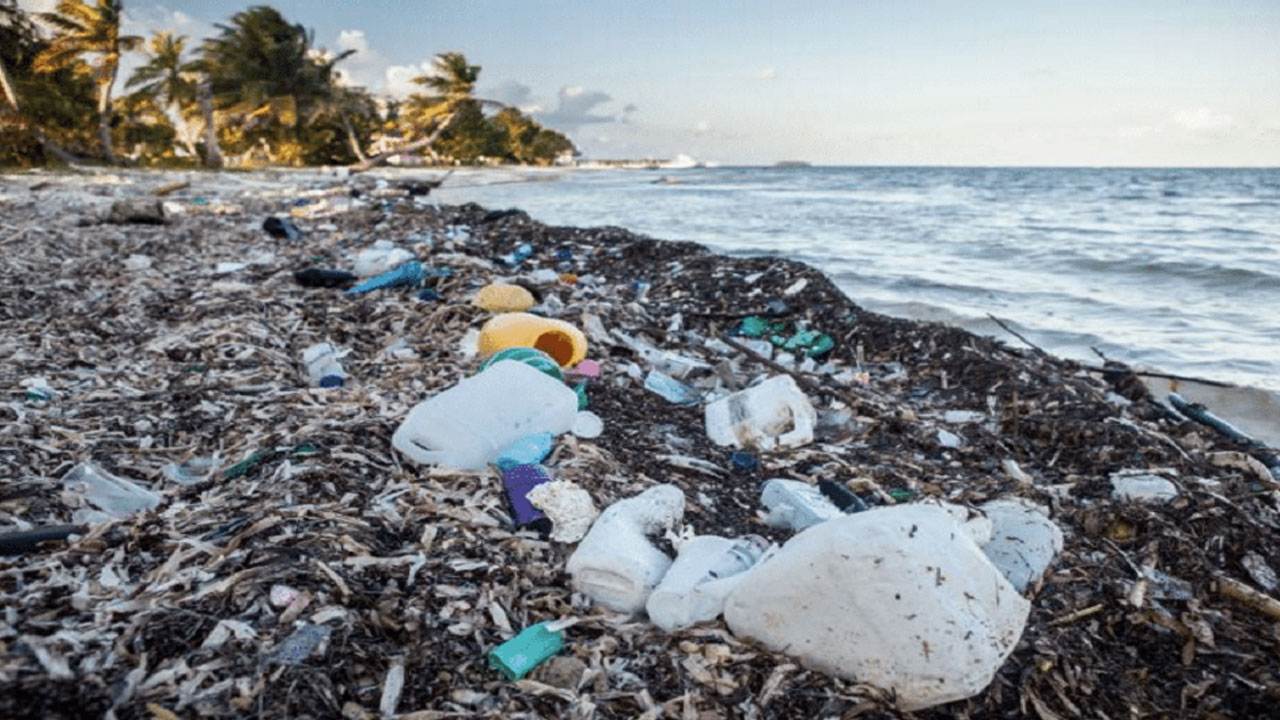
With the end of the fourth round of UN plastics treaty talks in sight, the focus is on forging each provision of the treaty, line by line and word by word, but progress is slow thanks to delaying tactics calculated avoid having to discuss upstream measures. Sam Winton explains why the devil isn’t just in the details but in the larger overarching issues that remain unresolved.
As INC-4 enters its concluding days, Contact Group 1 has moved onto the next phase of its deliberations, conducting line by line discussions on the streamlined text of each provision. These discussions allow members to suggest additions, deletions and restructuring of the streamlined text. When proposing any deletion of text, the word or words are placed in square brackets indicating that their inclusion in the text is disputed. Where new additions are proposed, they are also placed in square brackets. These additions/deletions can be for one or more words and have at times been as detailed as debating the inclusion, or not, of a comma. Where there is consensus in the room that any part of the text no longer has the support of any members in the room, usually because the concepts have been incorporated into other sections of the text, this part may be permanently omitted. It is worth noting that this is still not a negotiation on content and all options with support are retained, even if support is only from one member. I have chosen to continue following the progress of Contact Group 1 and have observed discussions for Subgroups 1.2 and 1.3 so far.
These line by line deliberations, although a critical part of the negotiations, are a painstaking and extremely time consuming process. In well over 10 hours of subgroup meetings that I have attended since Saturday evening, I have observed discussions on just 4.5 provisions with each taking up to 3 hours to be fully discussed. Indeed, the first discussion I witnessed in Subgroup 1.3 addressed fishing gear with deliberations on a single paragraph of the provision taking over 90 minutes. The full provision took 4 hours. In addition to the time consumed, it is also notable that the text which the committee has spent the last 4 days streamlining is once again becoming longer and more complex.

Treaty text being projected onto the screens to facilitate live edits in Subgroup 1.2. Any text or brackets in red were added in the course of the day’s discussions (Photo: Sam Winton)
The commencement of Subgroup 1.2 saw by far the biggest procedural challenge that I have witnessed in the 2 INCs I have attended. When the co-facilitators of the subgroup set out their intention to commence discussions with discussions on Part II Provision 1 (Primary plastic polymers), and then move through the provisions in numerical order, a significant coalition of members sought to delay the session by insisting that discussions commenced with part II Provision 5 (Product design, composition and performance). These members stated that discussions should commence on provisions where there is already broad consensus (namely, those which focus on providing downstream solutions), also noting that they would not be able to constructively engage where their preference was for no text. This was a clear attempt to delay discussions on provisions addressing upstream measures with the aim of not leaving enough time in the process for them to be discussed and agreed.
The proceeding exchanges, which lasted for nearly 2 hours, were a disappointing example of multilateralism breaking down as a minority of members attempted to hold the negotiations hostage and prevent constructive debate. This prompted one member to state ‘it is a sad day’, lamenting attempts to block the right to engage in the text and declaring that it is unprecedented for members to block consideration of a provision, to widespread applause in the room. The exchanges also saw the most significant challenge to the role of the co-facilitators I have witnessed, with members challenging their mandate to direct discussions where there is no consensus on a way forward, claiming that the co-facilitators were deliberately preventing some members from providing interventions, and declaring that they were close to losing trust in the co-facilitators ability to conduct the session. To their credit, the co-facilitators showed notable resolve and stood firm in protecting the rights of members, despite many points of order being raised and several attempts at filibustering. Substantive discussions on part II Provision 1 were therefore able to commence late on Saturday evening, albeit in an extremely tense tone. Despite some anticipation that there would be further challenges when the subgroup recommenced on Sunday afternoon, this session proceeded in a significantly smoother manner.
While much of the conversation I have observed in the last 2 days has been simple, textual edits, there have been some notable points addressed in the discussion about primary plastic polymers. On the positive side, several members emphasised the importance of the provision, with one noting that conversations about plastic being ‘affordable’ often ignore the cost of waste management and the health and environmental costs of plastic production. The most efficient way to reduce these costs would be to produce less plastic. On another positive note, one member argued against nationally determined targets as they have proven to be ineffective in other agreements. On the negative side, many members wished to omit any reference to primary plastic polymers, and referred to consideration of national capabilities and promoting economic growth. There is also a paragraph of the provision which calls for the increase of secondary plastic production (recycled plastics) to counteract any loss of primary plastic (derived from fossil fuels). In the most remarkable intervention of the INC process so far, one member wished to delete the word ‘reduce’ from the phrase ‘reduce demand for primary plastic polymers’ and replace it with the word ‘promote’.

Sunday evening saw a plenary session commence to discuss the Chair’s proposal for intersessional work. In brief the Chair proposed the following:
- 2 Ad Hoc intersessional open ended expert groups would be established to conduct work between INC-4 and INC-5, commencing immediately,
- Expert Group 1 will focus on matters related to means of implementation – to be informed by Contact Group 2,
- Expert Group 2 will focus on criteria for chemicals and polymers of concern, and product design – to be informed by Contact Group 1,
- Both expert groups would work remotely with 1 in-person meeting also arranged for each,
- Both expert groups would be open to all members,
- Both expert groups will report back to their respective contact groups at the commencement of INC-5,
This proposal saw widespread support, though several members provided further comment on the plan. Rwanda, supported by numerous members, wished to see the topic of sustainable production and consumption of primary plastic polymers to be included in the remit of Expert Group 2. However, I do not currently see a path to consensus on this topic. Ghana, on behalf of the African Group and supported by many members, proposed the addition of numerous items to the remit of Expert Group 2. These included criteria for defining avoidable and problematic plastics, guidance on transparency and tracking of chemicals, and minimum disclosure requirements. I expect these items will be challenging to agree but some may be adopted. Ghana, on behalf of the African Group and supported by many members, also proposed that emphasis in Expert Group 2 be placed on a financial instrument to support developing countries. Despite widespread support for the original proposal, the US, supported by a small number of members, requested that this be amended to also include consideration of all possible sources of finance including the private sector. My sense is that there is a path to consensus on this topic. Nigeria, supported by all members who intervened on the topic, requested that observers be included in the intersessional work, particularly those with relevant expertise. While the details of this will need to be agreed I would be surprised if this does not receive consensus. The like minded group of countries intervened on 2 primary issues, namely that intersessional work should steer clear of any contentious issues and that the work must be conducted transparently and neutrally. I would summarise that the proposed intersessional work is a positive start which falls short of what is really needed, particularly on upstream measures. However, some work is better than none and we have to trust that the Chair will push through everything that is possible without jeopardising the whole intersessional program. The Chair will reflect on the conversation and present his final proposal in tomorrow’s plenary.
Looking ahead to the final day, we are anticipating a morning of further contact group discussions, followed by plenary in the evening and most likely late into the night. To date at this INC we have seen 4 days spent on streamlining text in Contact Group 1 (Contact Group 2 is still finalising this activity) followed by 2 days of introducing further complexity to the text through new additions and deletions, with work in the second round conducted at glacial speeds. With the current methodology, and with just 8 days of negotiations remaining, the maths simply does not add up in seeking to complete line by line discussions, let alone leaving time to negotiate text and reach agreement by the end of INC-5. It seems to me that the methodology must radically change, something I have no suggestion for how to achieve, or we will have to add further days to the process. This could be through an INC-4.2 in late summer, extending the length of INC-5 to a second week, or adding an INC-6, an action which would mean we fail to deliver a treaty by the end of 2024. Rumours have been rife throughout the week but there has so far been little concrete indication that any changes to the process are planned by the Chair or Secretariat. We will discover on the final day whether any action will be taken.

Plastic pollution in the Pacific Islands, a reminder of the impact that plastic waste, often transported from elsewhere by ocean currents, can have on nations whose economies and way of life rely on the ocean. (Photo: https://www.fbcnews.com.fj/news/fiji-urges-action-against-plastic-pollution/)
Finally, while the direction of travel on intersessional work is positive, it is still impossible to ignore that there are negotiators in the room whose governmental mandate is to frustrate the process and water down the treaty. Nairobi proved that you can see 6 days of positive discussions, only for it all to be blocked on the final day when consensus cannot be reached, and even the most minor of topics could be the fatal stumbling block. As far as I am concerned it is not over till the gavel falls. I will sign off this penultimate blog of the week with the most salient words of the day which came from the distinguished representative of Fiji, stating that members, particularly SIDS, ‘cannot indulge a select few who have nothing to lose, when we have everything to lose’. Despite what some are saying, plastics pose a clear and existential threat to many people’s lives and livelihoods and members cannot afford to let them down now.
BIO
I am a postgraduate researcher working for the Revolution Plastics Institute at the University of Portsmouth since its creation in 2020. In 2023 I commenced my PhD studies titled ‘To what extent has the structure and implementation of the INC process facilitated the development of an effective Global Plastics Treaty?’ at the University of Portsmouth and the University of Surrey. This research will focus on how the structure and implementation of the INC process impacts the treaty’s outcome, consider how the inclusion of stakeholders in the process influences a fair and just treaty, and investigate the implications of the final text for members. With a background in environmental hazards and community preparedness, my main research focus is working with communities and a broad range of stakeholders to tackle environmental challenges. I have also conducted work with international organisations with a view to creating policies to tackle the global plastics problem, and facilitate sustainable development.
